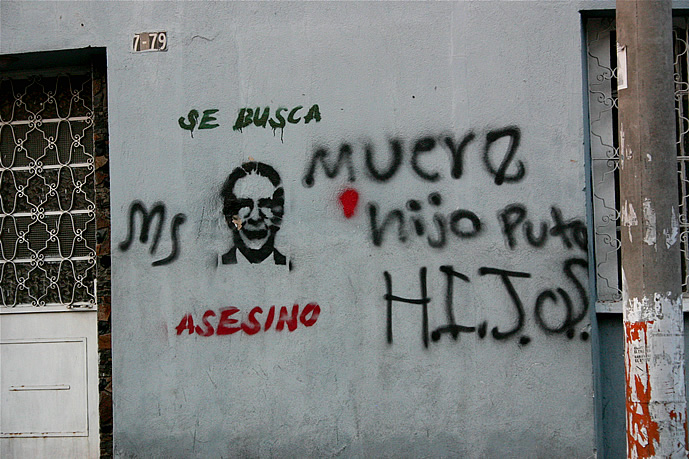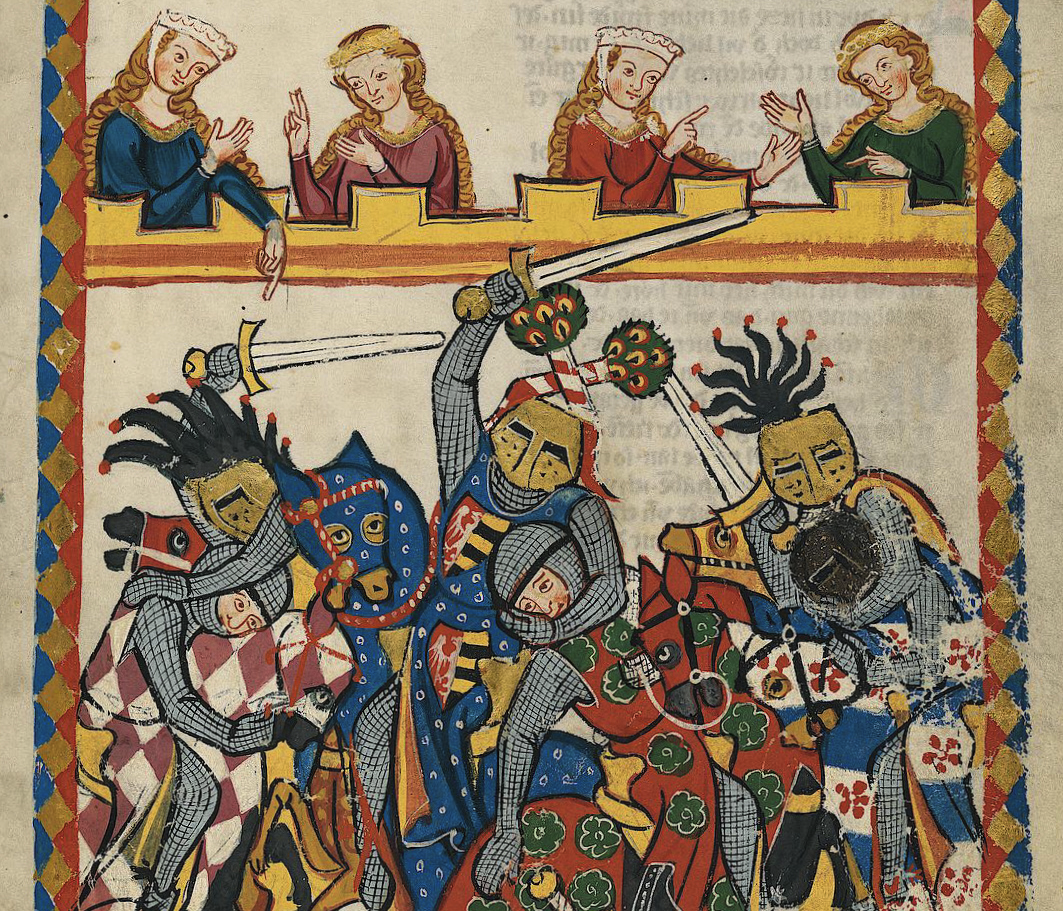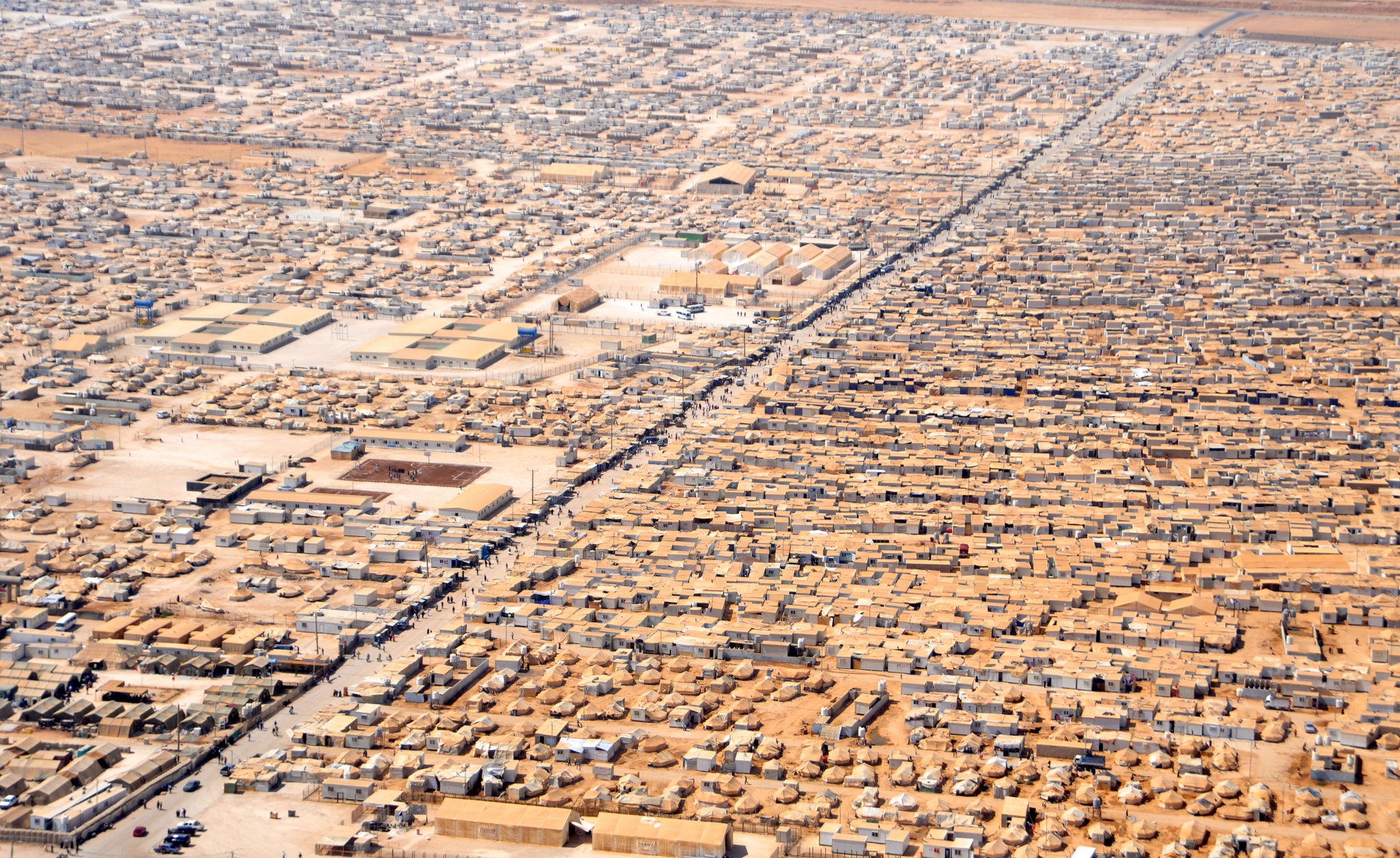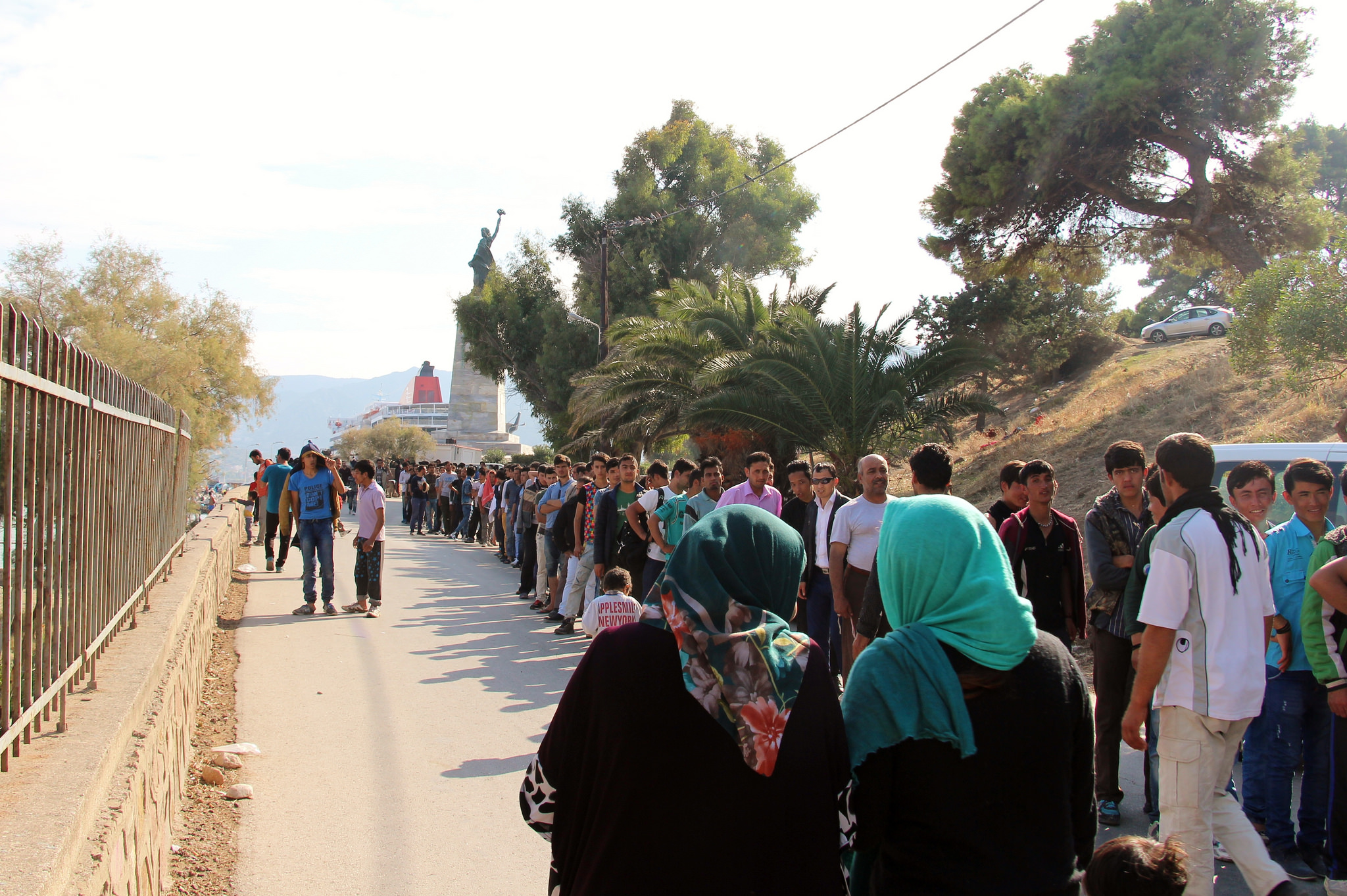
When I first started studying peacekeeping some 20 years ago, the popular view was that UN peacekeeping was a fiasco. Yet, in my research I found that the UN was surprisingly successful at implementing its mandates in civil wars. Today, once again, I find myself swimming against the tide of popular perception, but the tide has shifted.
This week the Chicago Council on Global Affairs released a report showing that a majority of a representative sample of Americans believe that UN peacekeeping is largely effective.
This belief is in line with recent scholarship that finds that UN peacekeeping missions are effective at civilian protection (Hultman, Kathman and Shannon 2013; Kathman and Wood 2014), and that large operations positively affect levels of cooperation in civil wars (Ruggeri, Gizelis and Dorussen 2013).
I too argued that most of the large, complex, and concluded UN peacekeeping operations in civil wars were successful, in my book, UN Peacekeeping in Civil Wars. At the time, the three big failures in Somalia, Rwanda, and Bosnia drew outsized attention in relation to the record of effective operations in Namibia, El Salvador, Mozambique, Cambodia, Eastern Slavonia (Croatia), Timor Leste, and Sierra Leone.
Now, however, I’m starting the research for a book about UN peace enforcement and, unfortunately, I’m questioning the prevailing perception. The trouble has to do with selection bias. If we only count the completed operations (which was the case for my book and the recent articles cited above), then we see a general picture of success. However, if we look around the globe at the ongoing operations, the picture is much bleaker. Of the current 16 operations, only UNMIL in Liberia is faring well, although it is being threatened by the Ebola epidemic. All of the others are having trouble effectively concluding their mandates, including the seven traditional cease-fire monitoring operations –many of which have been around for decades—as well as the more complex missions in Cote d’Ivoire, Darfur, the Democratic Republic of the Congo, Haiti, Kosovo, Mali, and South Sudan. The newest operation set to start this month in the Central African Republic is probably going to face similar problems. Why are so many peacekeeping operations foundering despite the substantial evidence that the UN has become adept at peacekeeping?
The explanations are too complex to cover in a short blog post. Part of the reason is that peacekeeping missions are no longer allowed to fail. Rather than closing up shop, if a mission isn’t going well, the UN stays. For example, instead of calling it quits in Haiti, Kosovo, or the DRC—operations that are nearing their 20-year anniversaries—the missions drag on (though acronyms may vary). More importantly, in most of the current operations in civil wars, the UN is trying to keep the peace where a peace accord has not yet been signed—in other words, there’s no peace to keep. Thus the UN winds up trying to fight to protect civilians and maybe, one day, reach an accord, rather than being sent to provide credible guarantees once an accord has already been negotiated.
This backward approach to concluding civil wars lies at the policy-related heart of the current problem (and that approach still demands a theoretical explanation). The UN is not designed or equipped to fight its way to a peace accord. If the ultimate goal is an effective end to civil wars, either UN peacekeeping needs to be re-designed or other actors must step forward to enforce the peace.








0 comments
Can I ask what counts as success on your view? One view might be that staying on in DRC for 20 years, absent a peace to keep, has still led to considerable civilian protection that would not have occurred absent the peacekeeping force. It might be seen as a success rather than a failure that the UN has not left. I’m not saying this is my view–just wondering what you think the relevant evaluative criteria are for the peacekeeping missions you evaluate.